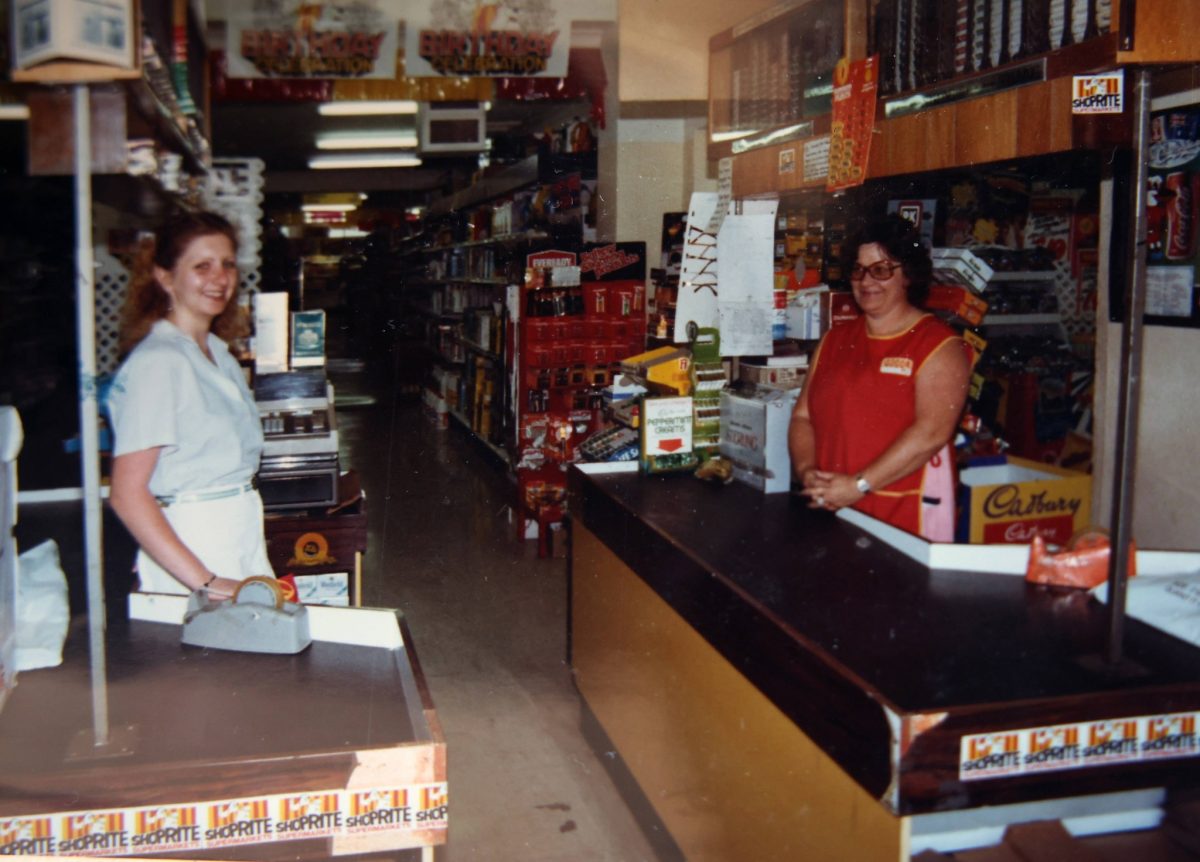
Community hubs like the Ainslie shops have always been vital to the economy. Photo: Ainslie IGA.
It’s always worth telling the full story of what self-employed business people and their families bring to our community.
There are those of the far left who will only dwell on the few who are not worthy business operators and make out that our business sector is an ethical mess.
They are ideologues, and when I point out that more costly fraud is occurring in the public service and unions, they move on very quickly. (We have regulators to catch and punish the bad businesses, and I’ll explain their role in a future column.)
Then some only focus on the economic advantage that small business people bring to Canberra and beyond through jobs and the wages and salaries they pay. They are wrong to be limited in their thoughts and understanding. I include nearly every treasury department in Australia in this group. Their lack of deep thinking inhibits true assessment of economic worth coming into the economy from businesses.
The real story? Small business folk are the backbone of the community. When a community is floundering, I’ll wager that small businesses have been decimated by complex compliance and/or bad planning and big malls.
A community without small businesses will be struggling as it has become boring; has higher numbers of unemployed; is unsafe outside the mall; is unsupportive of people in need; and/or has a population that has to travel further afield for work.
Other parts of the community besides small businesses are also essential. These are the support agencies for those in need and those less well off, or those going through a difficult time with health and welfare.
There are also sports clubs and teams that give young and older people the opportunity to keep fit and enjoy life. There are people in community centres, health centres and so forth providing essential support.
These parts of the community interact to benefit us all, but if one important part is missing or is struggling, we all can suffer.
What does small business add to this communal potpourri?
First is the most obvious – jobs.
People need work and an income to survive, but they also need a job for social interaction with others, a sense of self-worth and their own mental health. They need a choice in where they work and what they do – if that is possible. Depending upon their age, their level of education or financial situation, they might need part-time work, casual work or very flexible arrangements.
If big business and government are the only employers, then much of this is limited. This is due to their complicated recruitment processes and rules, as well as the generally inflexible nature of big employers.
Small business people sponsor sport. They don’t just give money in return for advertising, they also sit on boards of the clubs, often supplying materials freely or at cost, and the owners may participate themselves. I have heard of many businesses that allow staff time off to go to training through flexible work arrangements (if the complicated, archaic workplace relations system lets them – but don’t start me).
Charities get funds from government (we hope), but never enough. Governments actually demand that local community groups get support from the community – either in-kind or in real money. Small business people offer a lot in this area.
Not all small businesses contribute, but a lot do. It is something that the government should research to help better inform policy. All governments should acknowledge, through action, not just words, that small business people and the self-employed count in more ways than one.
We need small businesses to be healthy and prosper and grow for the sake of the whole community.
Original Article published by Peter Strong on Riotact.











